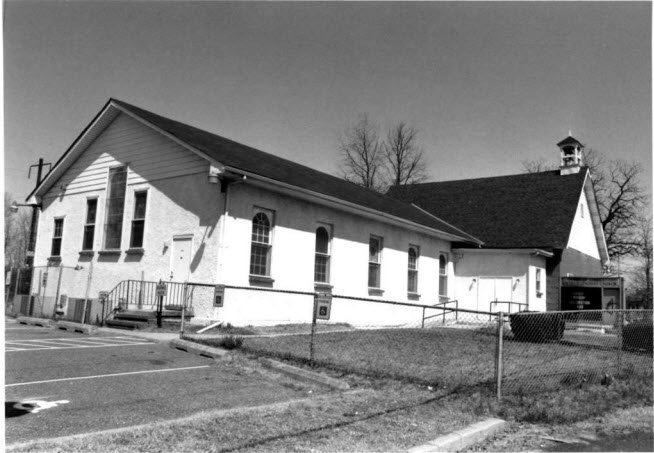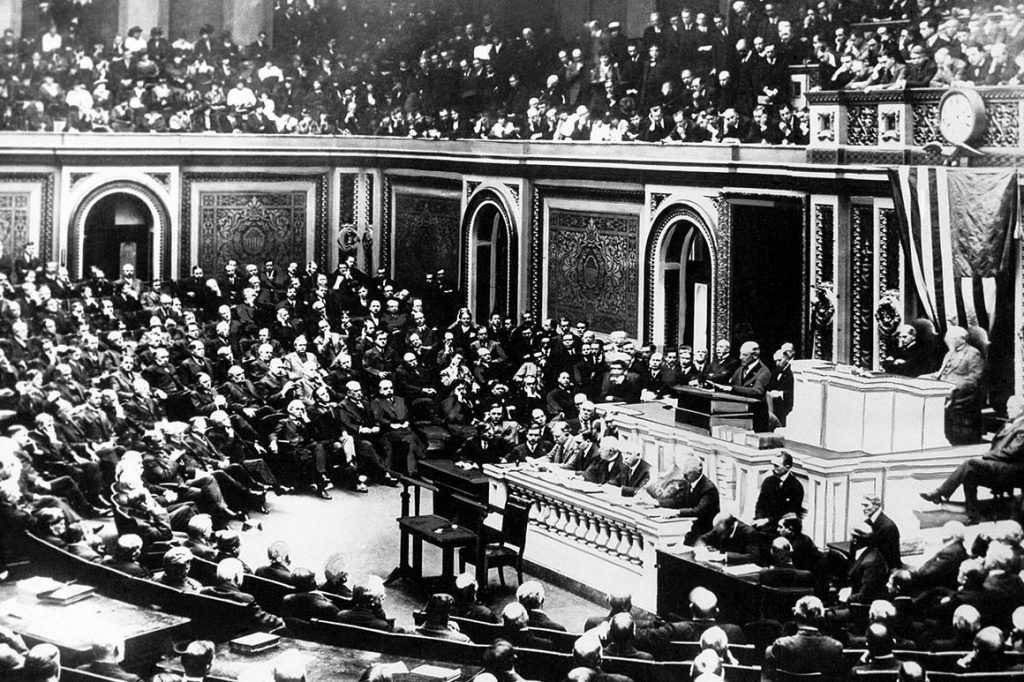
Influenza, the heartbreak of today.
One day before his first wedding anniversary, 20-year old Henry Kulp is buried in Souderton, Pennsylvania. The president of the University of North Carolina, Edward Kidder Graham, dies. It was his dream job as a 1894 grad of the school and its first journalism professor. Two Catholic priests die in Baltimore, depriving their parishes of kind and steady leaders. And also in Baltimore, across town, 372 African-American soldiers march out of their encampment to the Mount Auburn Cemetery of the Sharp Street Methodist-Episcopal Church. They have orders to bury the decaying corpses of black men, women, and children, all victims of influenza. No one else will bury them. Theirs is a duty of honor and theirs is a need of disgrace.
A happier moment appears to await 19-year old Florence Phye in Berthoud, Colorado. She’s just arrived at the home of her parents in Loveland, not far away. She’s spending the weekend with her entire family, all eight of them. Florence is a teenaged mother, her 3-year old boy is from a previous marriage. The prospect of having her own mother lend a hand was delicious indeed. A few hours of leisure? Just thinking the words raised Florence’s spirits.
But her mother isn’t quite right. No matter. Florence will give her a little extra attention this weekend and will still get some relaxation in the bargain. A family home is a sanctuary. Inside we’re safe.
A further chance for good cheer happens in Pennsylvania. In Allentown the efforts of local organizations is nothing short of miraculous. The Kiwanis chapter, the local Red Cross, The Motor Messenger Service, each of them puts a shoulder to the wheel and pushes the community out of the ditch. Influenza patients get fast, wonderful care and support. Throughout the state, influenza has declined—abated, is the popular word in newspapers—and officials there have lifted the ban on public meetings. A slight breath can be had again.
In Virginia a similar vein of good news was discovered. For the past seven days the number of new patients has held steady—not declined but not gone up, either. The context of everywhere else gives the flat line a shinier gloss. Military and medical officers at Camp Lee grapple over what to do. At first, they agree on easing their own bans. Then, whether it’s doubt or fear or wisdom, they change their minds. Camp Lee keeps its restrictions in place.
The elections are ten days away. They’re the “mid-term” elections because they occur at the half-way point of the presidential four-year term. In Congress, one-third of the Senate and all of the House of Representatives are up for election. Governors around the nation have elections as well.
Yesterday, President Woodrow Wilson shocked the American political world. He did what American presidents have seldom done—he intervened in the mid-term campaigns for Congress and declared that he needed Democratic candidates to win Senate and House races. Otherwise, Wilson announced, his plan to start a “League of Nations”, an international association of nations from around the world, would be in peril. Wilson had offered the League concept in a speech nine months ago. With Germany on the verge of defeat, Wilson saw the League as a likely instrument to prevent more wars on a global scale, making this, he said, “the war to end all wars.” And he needed Democrats to win ten days from now to make that dream a reality next year. The chattering over Wilson’s bold move continues today.
So go, voters, get up and go to the polls, he said. Move heaven and earth and go to the polls regardless of anything else going on.
Wilson never discusses influenza in public.
A thought for you on Day 49, April 30, 2020, forty-nine days after President Trump declares Covid-19 a national emergency—priority. You can only have one #1 priority. One spot at the top; that’s it. POTUS 28 is a perfect example of it. His first priority from entering the World War in April 1917 never changed—it was fighting and winning the World War, and also winning it in the way he believed was best. The latter point is critical to understand. You can have a #1 priority. In Wilson’s case, his #1 priority came with his view that he had the best understanding of what winning meant. It was the League of Nations. Everything else came second or third or twentieth on the list. Influenza could not and would not be allowed to distract from Priority #1. Remember that having a priority is good, we all know that. Sometimes, though, we need to think about other things as well. Let’s be sure to add two questions in honor of POTUS 28 and influenza—1) should I adjust my priority to allow for a new factor or feature of life?; and 2) have I bolted some additional belief onto my priority in such a way that is damaging, self-defeating, and counter-productive? Wilson never asked. You should.

(note to reader—I invite you to subscribe to this series/blog. The purpose of my posting in this series is the purpose of my enterprise at Historical Solutions—to explore the past in a new way that brings new and different value to you, both in the present (this minute) and on the edge of the future (what’s ahead or forward of this minute). The past is everything before now, the totality of all time before the present; history is a set of very small slices of the past that, for a particular reason, have been remembered. If you wish to contact me privately, please do not hesitate to text or call 317-407-3687)







